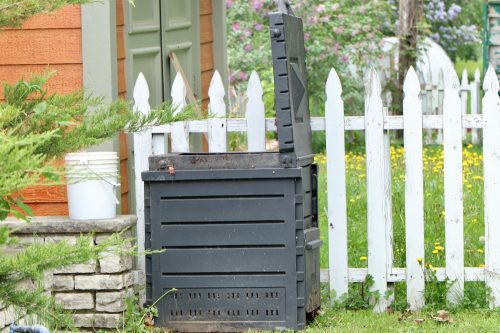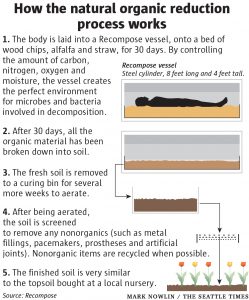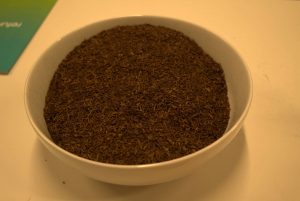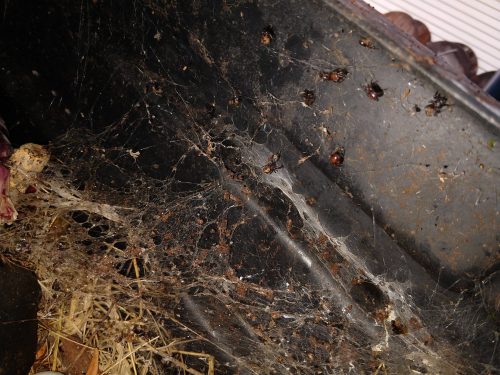One of my colleague has a lovely compost bin in their back yard. Or should I say, “had”. They’re leaving our fair campus for a new job in the big city of Madison, which caused me some worry — not just for losing a good contributor in the science & math division, but because, as I’ve reported before, their compost bin has a magnificent colony of Steatoda borealis thriving inside it. Nobody ever asks, “what about the spiders?” when they leave.
So Mary and I…ummm…”appropriated” the compost bin. Don’t worry, I asked permission first, and it has now been relocated to our yard. Just outside our door, where I can check on them regularly.
Is it not beautiful?

It was a disruptive process for many of the spiders. The bottom is open, so hoisting it up meant losing much of the compost inside, but we shoveled up much of it and restocked the bin. No doubt we lost some spiders in the move, but they mainly live in the tangle of webbing inside the lid, not in the compost itself. Lots of egg sacs were still there.

And of course, many agitated spiders scurrying about on the lid.

They live on the small insects that emerge from the decaying compost, and survive the winter on the warmth of the fermenting organic matter, so I threw in some old potatoes I’d been saving for this occasion. We’ll also be much more careful to toss food waste in there, to keep the spiders happy.
We’ll also rename the bin the Atkinson Home for Hungry Spiders, in honor of my colleague.
Although, I don’t understand why he didn’t want to pack up such a gorgeous box full of joy to bring to his new home.
This story has also been posted to Patreon, and I’ll post occasional updates on the status of the happy spider family there.






